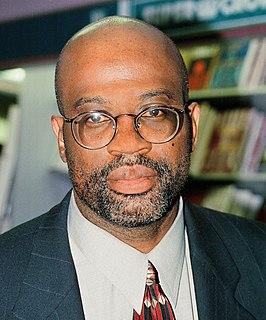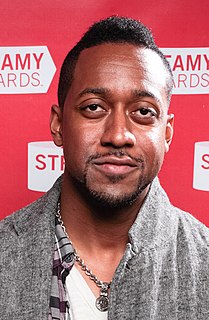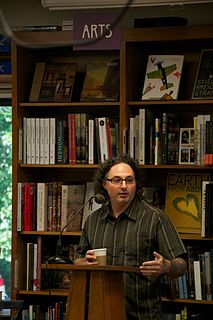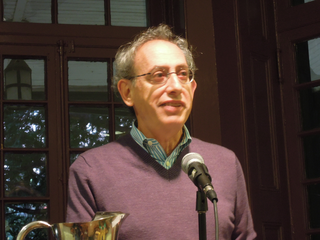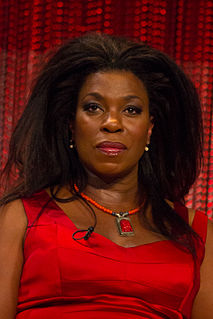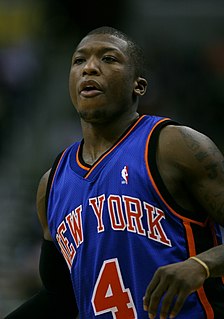A Quote by Christopher Darden
I don't know how the editors are going to take it or how it may be received. But to some extent I'm hoping that with the next book, when people pick it up and read it, it will scare the pants off of them.
Related Quotes
Fame will take care of itself. One thing I've learned about fame is that, hey, you can't control it. You don't know how you're going to be received or perceived when you step out of a car, when you arrive some place. And you never really know how big something is going to get, so you have to set some standards for yourself, and just abide by those.
Like when you pick up a book and you don't realize what type of text it is - it could be an essay, a novel, a biography - and at one point you realize you don't know where, as a reader, you want to be. Where are you going with this text? What is the goal? How are you supposed to interpret what you're reading? And people's responses vary - some dislike it, and are put off by the confusion, the lack of comprehension.
What I am most proud of with the book On to the Next Dream is how I turned an intensely emotional experience into art. Anyone can run up to a rooftop, tear off their clothes, and scream about how screwed up the world is. But for the people down below, all they see is a person losing their mind. I wanted to make something that channeled that emotion in a way that elicited an empathetic response from the reader. So that after you read this book, you would want to run up to the rooftop and scream about how screwed up the world is.
It takes me about a week and a half to read the typical book. I don't know how many ten-day spans I have left. Eventually the unread books on my shelves will have to be abandoned, or they will join me on the pyre. The book I'm about to purchase may be among them. We all buy books we won't live to read.
The energy of devils and angels is the same energy; it's how you use it. It's fuel. There is a saying: If you scare all your devils away, the angels will go away with them. You know, the halo and the horns are the same thing. I mean it's OK to be spiritually horny - that's what creative genius is all about. Geniuses don't have time to think about how it's going to be received... they don't have time to think whether people like it or not, is it morally right, will God like it?
As a historically voracious reader - pre-baby, I averaged a book every week or two, and when I was a kid, I'd routinely read a book a day - I never understood how some people could not read. When I heard people say they didn't have time to read, in my head, I simultaneously pitied and ridiculed them: there was always time to read.
And also it's an ever-gathering process. If I pick up the Sporting News or some sports publication and there's an article on somebody and I think I might see that player, I will tear it out and put it in a file, and I have a looseleaf book so when we're going to play that particular team I take out all these clippings and things I pulled out, I go through them, highlight them, put them in the book.
